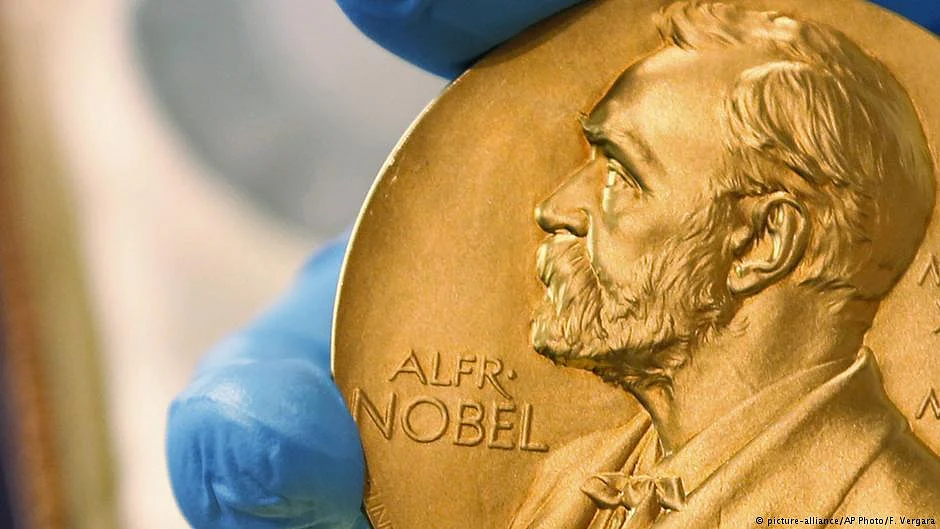Precision laser trio win Nobel Physics Prize
Three researchers who paved the way for advanced precision laser instruments have been awarded the Nobel Prize in Physics. The trio will split the award of 9 million Swedish krona ($1 million)

Arthur Ashkin, Gerard Mourou and Donna Strickland have won the 2018 Nobel Prize in Physics for their work in the field of laser physics, the Royal Swedish Academy of Sciences said on Tuesday, October 2.
"The inventions being honoured this year have revolutionised laser physics," the Nobel Committee said in a statement. "Advanced precision instruments are opening up unexplored areas of research and a multitude of industrial and medical applications."
The academy honoured Ashkin of Bell Laboratories in the US for developing "optical tweezers" that can grab tiny particles, like viruses, without damaging them. He was awarded one half of the prize.
Strickland and Mourou will share the other half, after they singled out for helping develop laser pulses that can be applied to a broad range of industrial and medical devices.
The two "paved the way towards the shortest and most intense laser pulses created by humankind," the committee said. The technique is today used in corrective eye surgery.
The three will share the 9 million krona (€866,000, $1 million) prize.
Strickland only third women ever to win the Nobel Prize in physics
Strickland becomes only the third women ever to win the Nobel Prize in physics since the award's inception in 1901. Marie Curie was the first back in 1903. "I thought there might have been more," she said, speaking over the phone to reporters at academy in Stockholm. "But I'm honoured to be one of those women. We need to celebrate women physicists because we are out there."
The prize for physics follows Monday's medicine award, which went to American James Allison and Japan's Tasuku Honjo for their research into cancer treatment.
Last year's physics prize went to US astrophysicists Barry Barish, Kip Thorne and Rainer Weiss for their discovery of gravitational waves, predicted by Albert Einstein over a century ago as part of his theory of general relativity.
Wednesday's Nobel Prize in chemistry will cap off the science awards. The peace prize will be announced on Friday, followed by the economics prize on Monday. There will be no literature award this year after a string of sexual misconduct allegations saw several members of the Swedish Academy board step down.
Follow us on: Facebook, Twitter, Google News, Instagram
Join our official telegram channel (@nationalherald) and stay updated with the latest headlines
